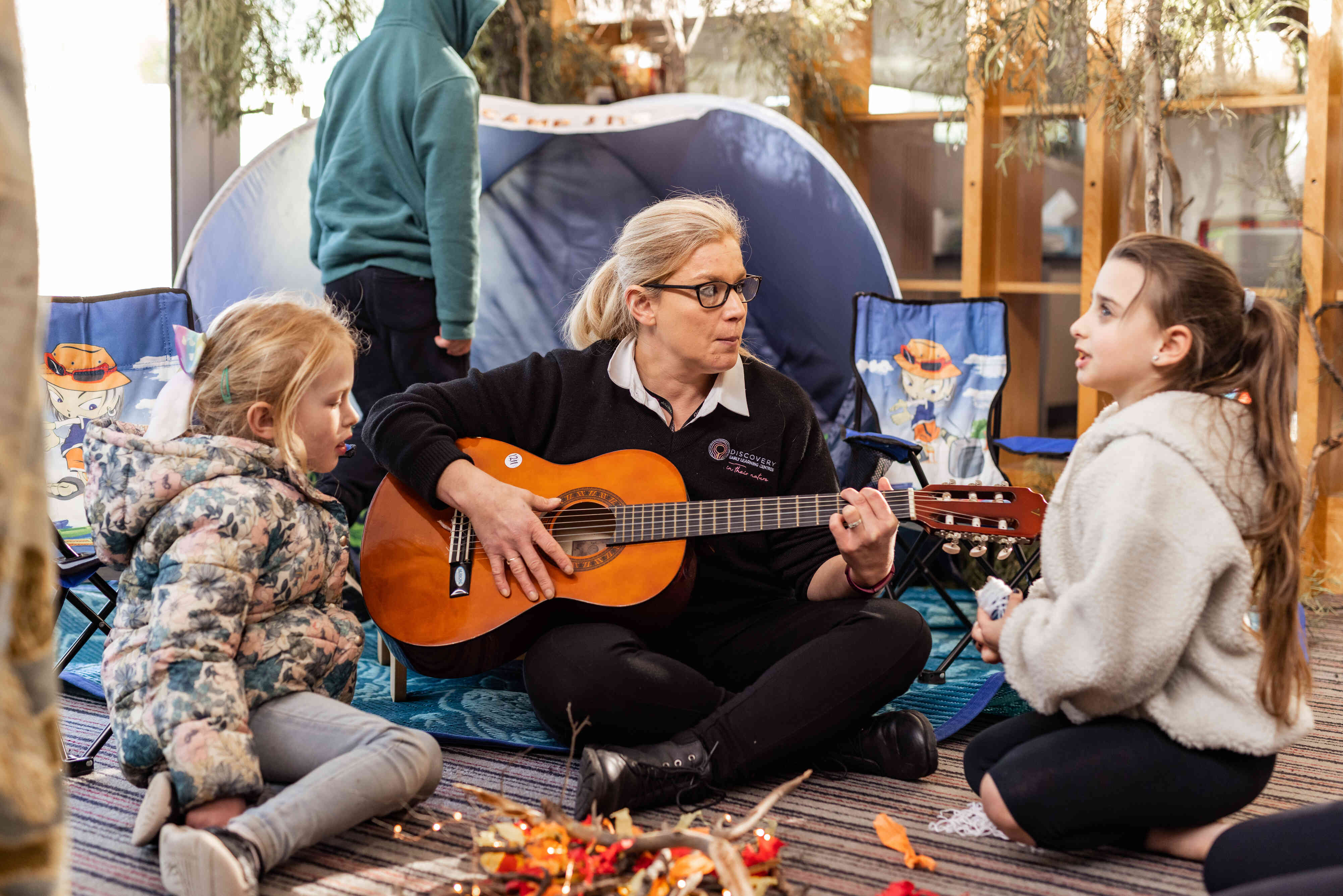
For many educational settings in Australia, the end of year is often a time to come together in celebration to review, reminisce and reflect.
Celebrations and rituals are an important way to help us acknowledge, understand and integrate transitions and milestones.
Read about the Be You Connect module.
Celebrations in early learning services and schools come in many forms.
Children and young people can be involved in an event such as a concert – perhaps by singing favourite songs or dancing.
Others have a graduation, provide singers or magicians, or have an exhibition to display children and young people’s artwork and photos from the year. Some learning communities make time for families to come together and connect with an end-of-year party too.
Often, the end-of-year event is held with a Christmas theme. Christmas is a popular cultural celebration in Australia. However, it is not the only significant event celebrated by the diverse families in our learning communities.
How we make time to grow understanding of significant cultural events, such as Hanukkah, Ramadan, Diwali or Eid, is an important way to acknowledge, understand and embed practices that promote and support the diversity that exists within our learning communities.
End-of-year events require careful thought and consideration
There are so many options for you to consider that align with your context and the interests of your current children, young people and families.
When planning events and celebrations, it might be helpful to reflect and ask:
- Who is advantaged and disadvantaged when we work in certain ways?
- Are we doing this because we’ve always done it, because everyone else is doing it, or because it has grown from knowing and listening to the children and young people
- Who is benefiting most from this event?
- Are we being inclusive by acknowledging, understanding and celebrating the diversity in our community?
Six ways to make inclusive decisions about end-of-year celebrations
- Seek input from families and educators. Read about the Be You Partner module.
- Identify the purpose behind the celebration.
- Remember who the event is for and understand your learning community’s demographics. Check out the Be You Include module.
- Continue 'being with' children and young people, regularly reviewing that plans reflect their voices and remain relevant and necessary for them. Consider appropriate and meaningful ways of seeking children's and young people's input.
- Check for elements in plans that might exclude children, young people or families from the celebration, e.g. financial requirements; purpose and relevance; event timing; methods used to invite families, and then consider how to reduce obstacles.
- Be flexible, adapting to your context and the diversity of children, young people and families in your community.
Inclusive plans for end-of-year celebrations can bring joy and reflection to all children, young people, families and staff in your learning community.
How individual children, young people and their families participate in end-of-year celebrations might be different across the learning community.
That is okay when varied participation grows from a place of inclusion.
What have you got planned?